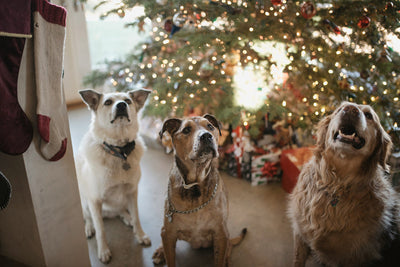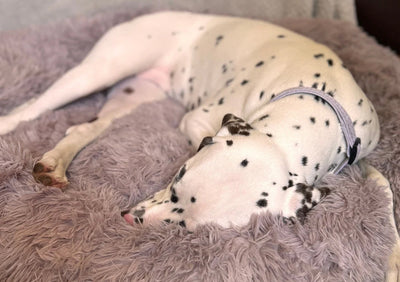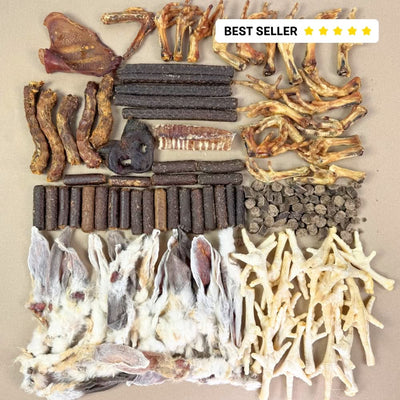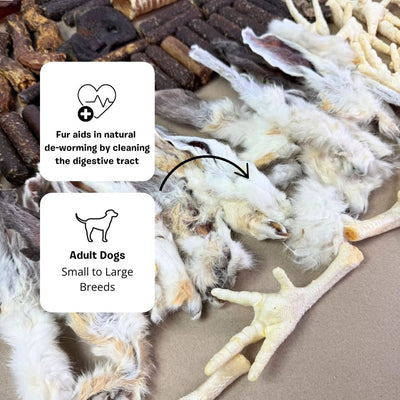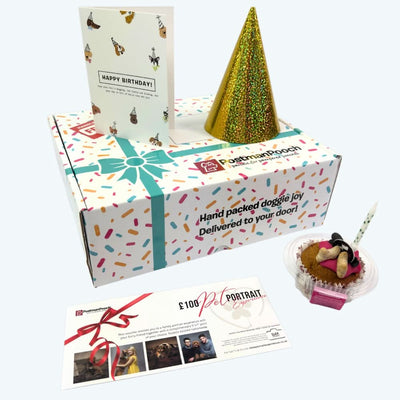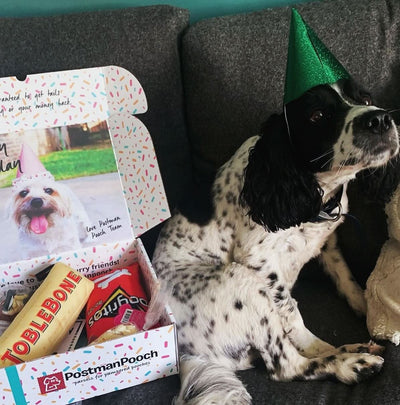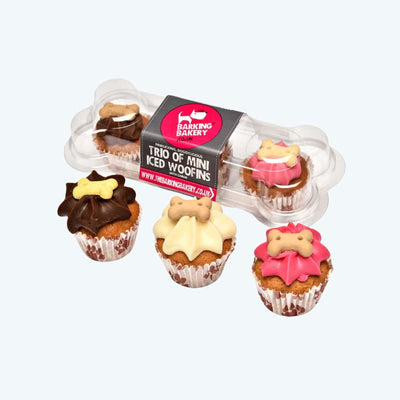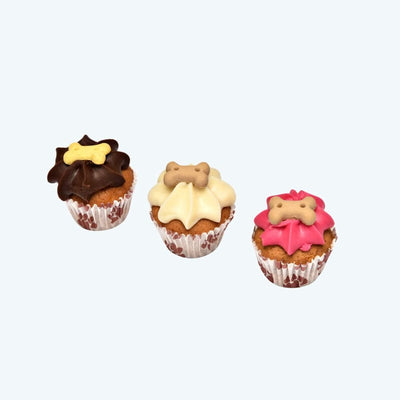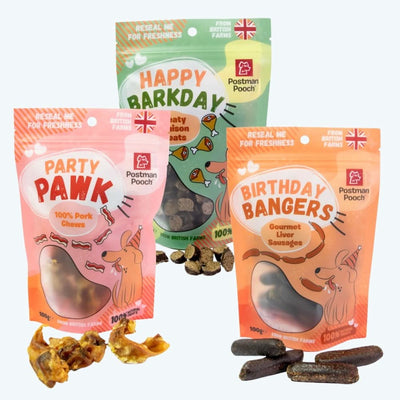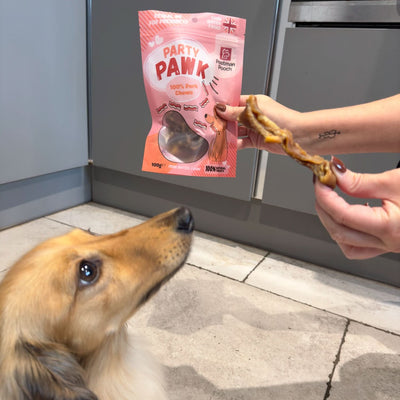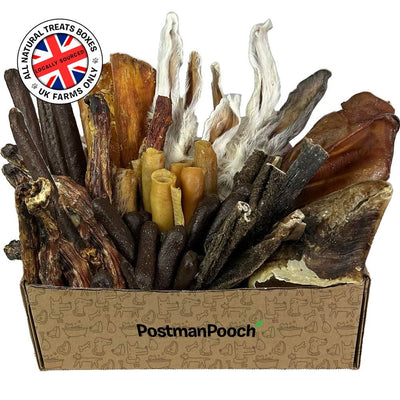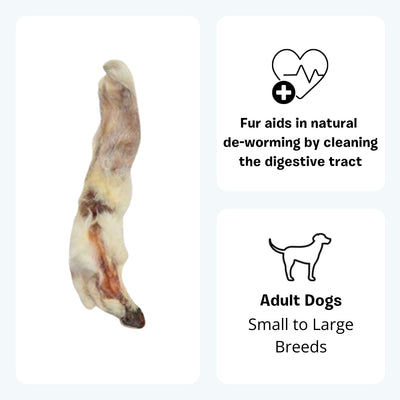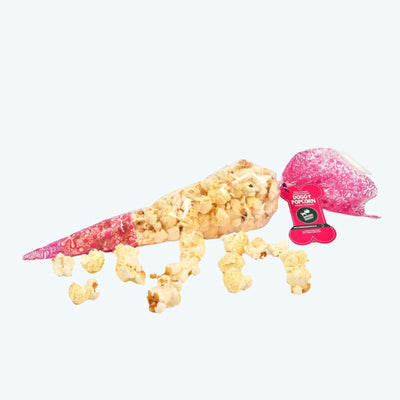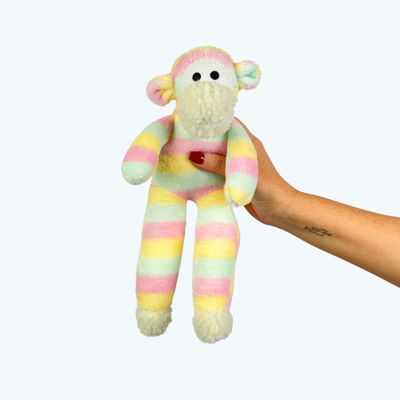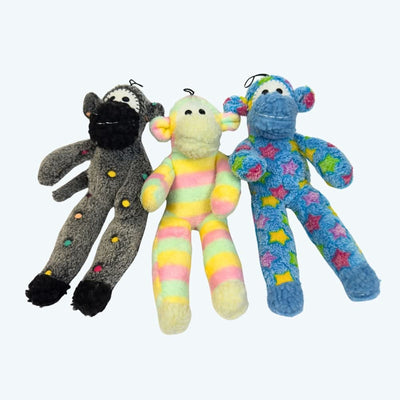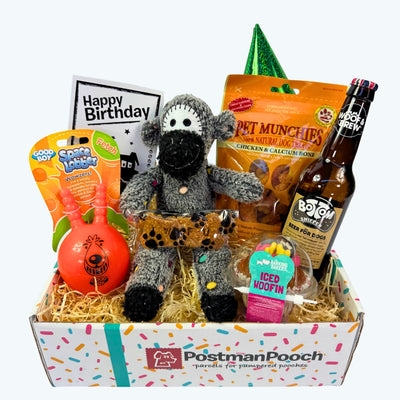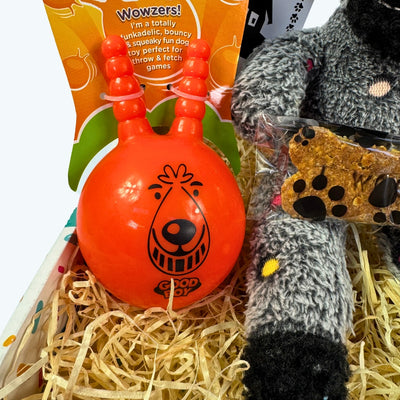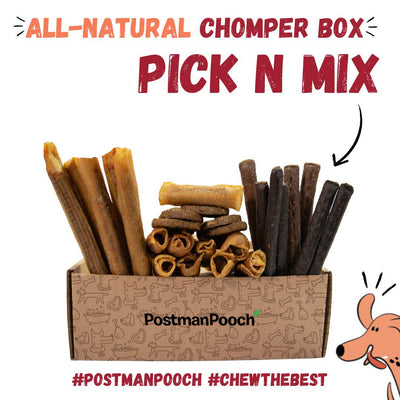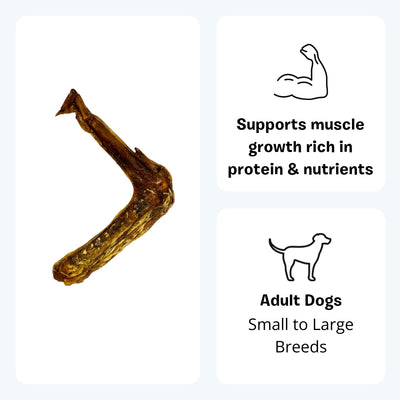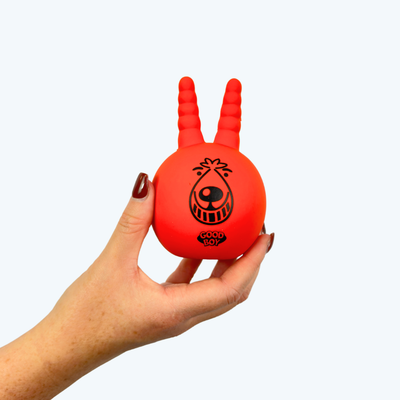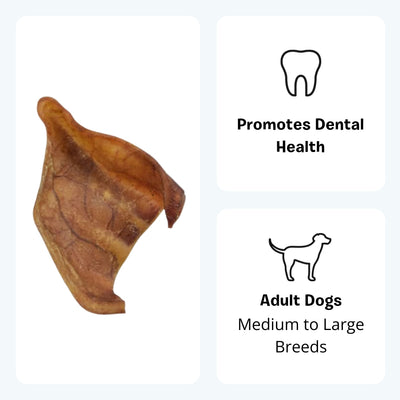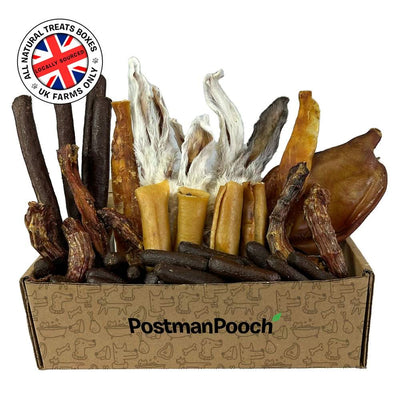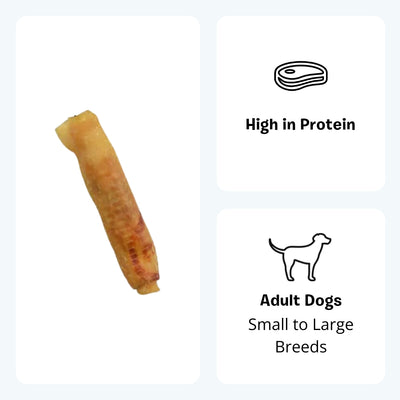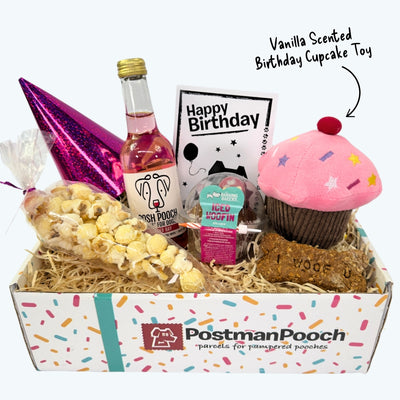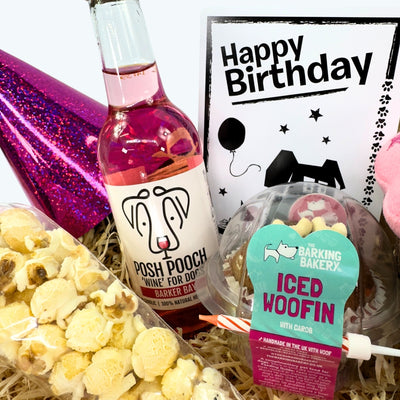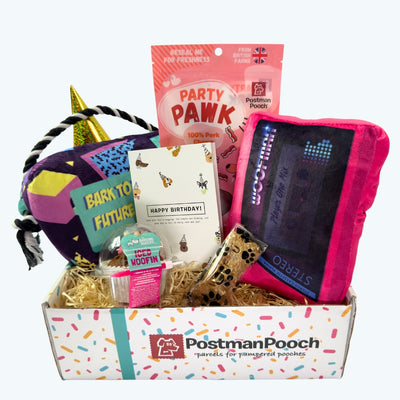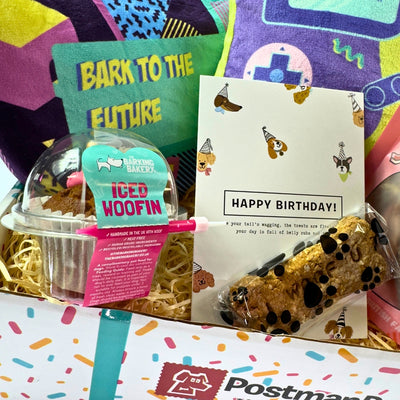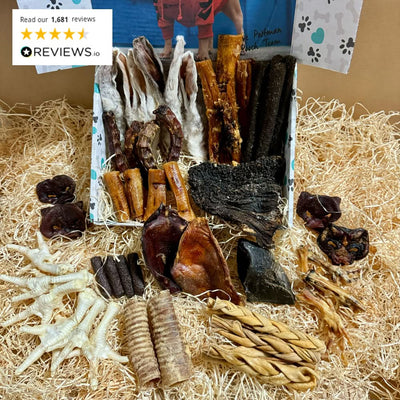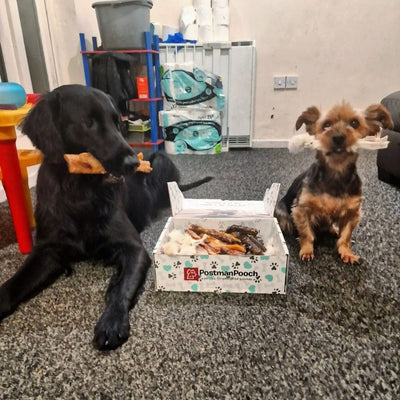Getting a puppy is a bit like bringing home a tiny tornado with fur. One minute they’re snuggled up like an angel, and the next they’re chewing through your brand-new trainers. If you’re anything like I was, you’ve probably asked yourself at least once a day, “Why on earth is my puppy doing that?”
Here’s what I’ve learned (mostly the hard way) about those odd little habits.
1. Chewing Everything in Sight
Honestly, nothing in my house was safe those first few weeks—cables, shoes, even the corner of the coffee table. I found out it’s totally normal. Puppies chew because they’re teething, and apparently, chewing helps ease the pain. Also, they’re just curious little creatures trying to make sense of the world.
What helped me: I stocked up on tough chew toys and rotated them so my pup didn’t get bored. Whenever she went for something she shouldn’t, I swapped it for a toy and praised her like she’d just saved the planet.
2. The Barking... So Much Barking
Mine barked at leaves. And wind. And his own reflection. Sometimes it’s excitement, sometimes nerves, sometimes they just want attention. It took me a while to realise that shouting only made it worse (rookie error).
What worked: Staying calm, identifying the trigger, and rewarding quiet behaviour. Easier said than done when it’s 6am, but it does pay off.
3. The Tail-Chasing Circus
At first, I thought it was just silly fun—and it often is. Puppies discover their tails and think, “What’s this weird thing following me around?” But if it goes on and on, or turns into biting their own tail, it might be worth checking in with the vet.
4. Zoomies (a.k.a. Dog Parkour)
If your puppy suddenly bolts around the living room like they’ve had three espressos, don’t panic. The zoomies are real—and pretty hilarious. It’s usually just a burst of pent-up energy.
My advice? Let them run. Just move your wine glass first.
5. Nipping and Biting Hands
Mine thought my fingers were chew toys for a solid month. Puppies nip during play—it’s how they interact with their siblings, and now, with you.
Tips from my trainer: Say “ouch” (loud enough to surprise them), stop play, and offer a toy instead. Consistency is everything here.
6. Whining Like the World’s Ending
This one was tough. The whining usually meant she needed something—food, a toilet break, or just a cuddle. But sometimes, it was purely for attention.
My approach: If it was urgent, I sorted it. If it was just moaning for attention, I waited until she stopped before responding—so she didn’t learn that whining = instant reward.
Final Thought from a Tired (But Happy) Dog Dad
There’s a learning curve, and you’ll probably get some things wrong (I definitely did). But if you try to understand what your pup’s going through, it gets easier—and honestly, it’s worth every chewed sock and early wake-up.
Stuff That Helped Me:
- 🦴 The Mini Chomper Box – loads of puppy-safe treats
- 🧸 That shoe plush dog toy she’s obsessed with
- 🥓 The bacon-flavoured chew that kept her off my table legs






